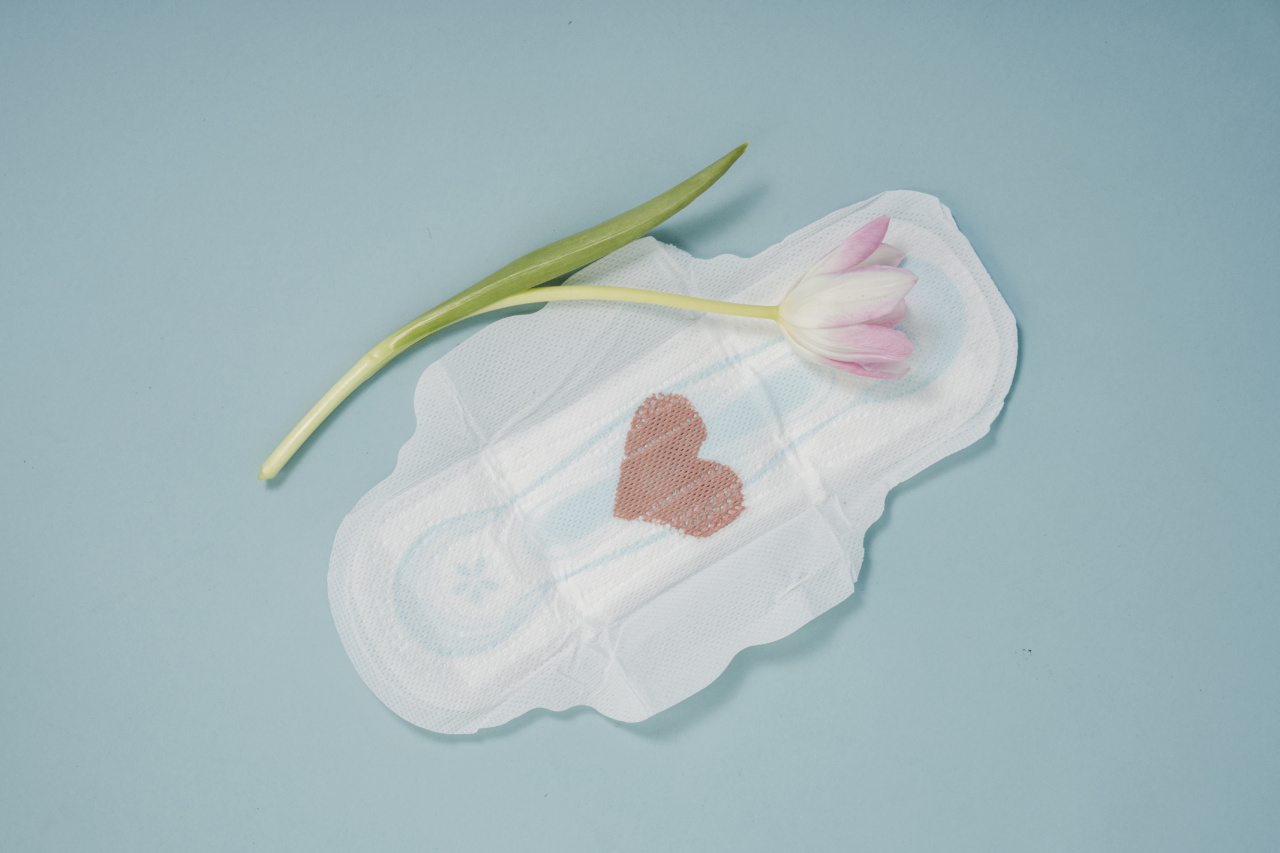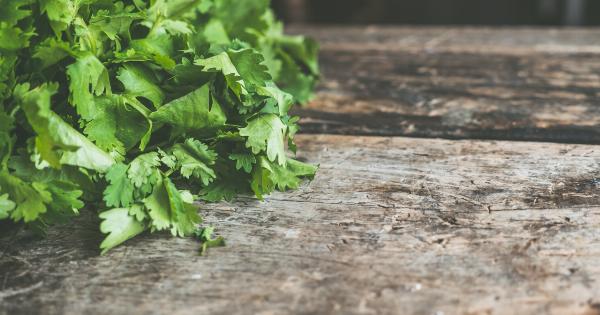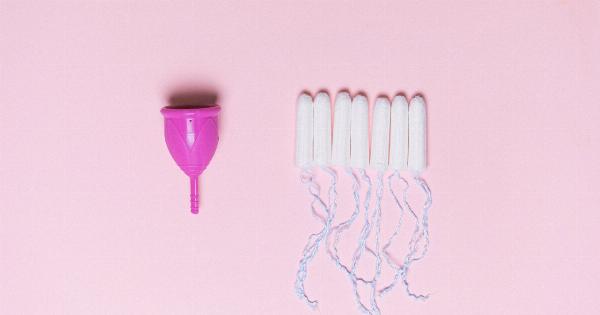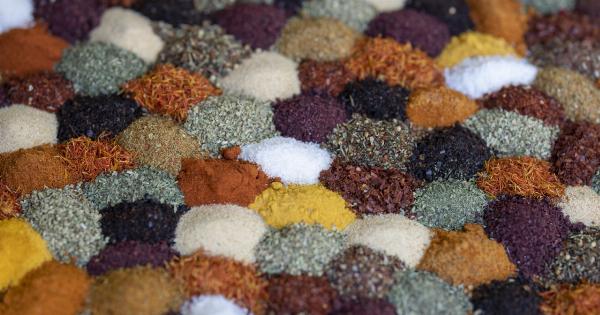For many women, menstruation is accompanied by various uncomfortable symptoms that can disrupt daily life. From abdominal cramps and bloating to mood swings and fatigue, the period blues can take a toll on one’s physical and emotional well-being.
Fortunately, there are several ways to alleviate menstrual pain and discomfort naturally.
1. Stay Active
Engaging in regular physical activity can help reduce menstrual cramps and discomfort. Exercise releases endorphins, which are natural painkillers and mood boosters.
Whether it’s going for a walk, practicing yoga, or participating in your favorite sport, find an activity that you enjoy and make it a part of your menstrual routine.
2. Heat Therapy
Applying heat to the lower abdomen can provide significant relief from menstrual cramps. Use a heating pad, hot water bottle, or take a warm bath to relax your muscles and reduce pain.
Heat therapy increases blood flow to the area, which can alleviate cramping and discomfort.
3. Herbal Remedies
There are several herbal remedies that have been traditionally used to ease menstrual discomfort. Some popular options include:.
– Chamomile tea: Known for its calming properties, chamomile tea can help relax muscles and reduce pain.
– Ginger: Ginger has anti-inflammatory properties and can help relieve menstrual pain and nausea.
– Raspberry leaf tea: This herbal tea is believed to tone the uterus and reduce cramping.
– Dong Quai: Commonly used in traditional Chinese medicine, dong quai may help regulate menstrual cycles and alleviate pain.
4. Dietary Adjustments
Your diet can play a significant role in managing menstrual discomfort. Focus on incorporating the following foods into your meals:.
– Magnesium-rich foods: Magnesium helps relax muscles and reduce cramping. Include dark leafy greens, nuts, seeds, and legumes in your diet.
– Omega-3 fatty acids: Found in fatty fish, walnuts, and flaxseeds, omega-3 fatty acids have anti-inflammatory properties and can help alleviate menstrual pain.
– Avoid processed foods and sugary treats as they can exacerbate inflammation and worsen symptoms.
5. Stress Reduction
High levels of stress can intensify menstrual symptoms. Explore relaxation techniques such as deep breathing exercises, meditation, or mindfulness to manage stress and promote overall well-being during your period.
6. Stay Hydrated
Drinking plenty of water can help reduce bloating and flush out toxins from your body. Aim to consume at least 8 glasses of water per day to stay hydrated and alleviate menstrual discomfort.
7. Essential Oils
Using certain essential oils can provide relief from menstrual pain and discomfort. Dilute the essential oil with a carrier oil and massage it onto your lower abdomen or add a few drops to your bathwater.
Some recommended essential oils for menstrual discomfort include lavender, clary sage, and rosemary.
8. Limit Caffeine and Alcohol
Caffeine and alcohol can exacerbate menstrual symptoms such as breast tenderness and mood swings. Limit your intake of coffee, tea, and alcoholic beverages during your period to help ease discomfort.
9. Over-the-Counter Pain Relief
If natural remedies do not provide sufficient relief, over-the-counter pain relievers can be used as a temporary solution. Nonsteroidal anti-inflammatory drugs (NSAIDs) like ibuprofen can help alleviate menstrual cramps and reduce inflammation.
10. Track Your Cycle
Keeping track of your menstrual cycle can help you anticipate and prepare for your period. Understanding your pattern can empower you to make necessary adjustments to your lifestyle and self-care routine in the days leading up to your period.
Remember, every woman’s experience with menstruation is unique, and what works for one person may not work for another.
It’s essential to listen to your body, experiment with different techniques, and find a combination of remedies that works best for you.




























